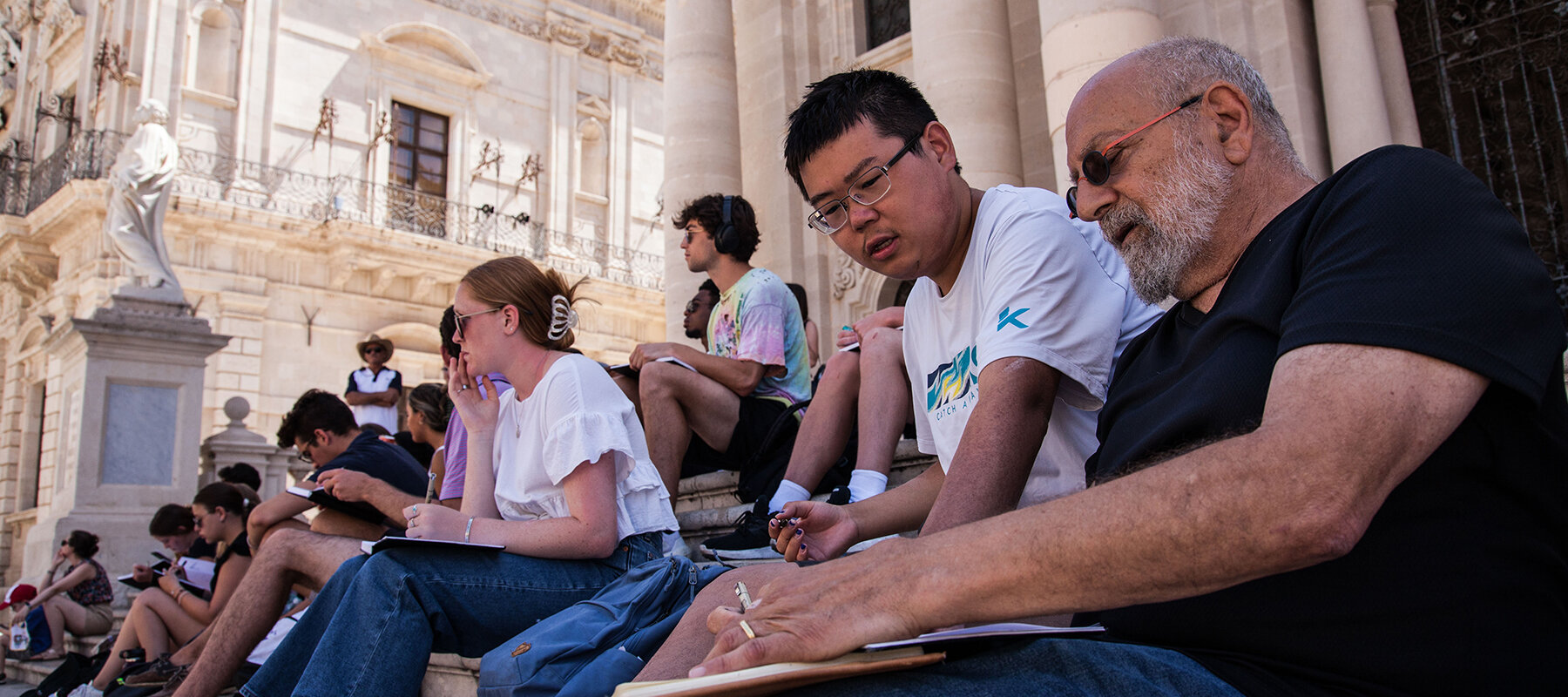Global Teaching and Learning Fellows (GTLF)
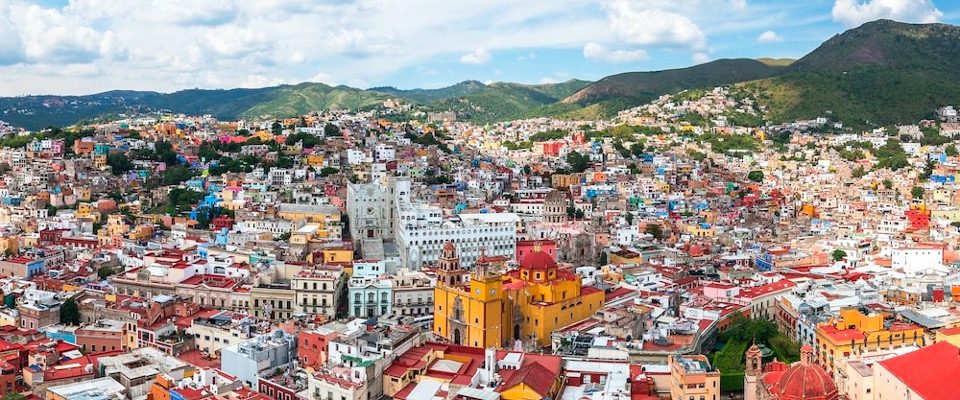
The Global Teaching and Learning Fellows in Mexico (GTLF) is an interdisciplinary micro- and meta- study abroad experience for faculty interested in engaging students in global learning.
If you are
- wanting to include more global learning in your teaching,
- thinking about leading a study abroad experience or applying to lead an Iacocca internship, or
- interested in creating immersive learning experiences in the diverse communities of South Side or the Lehigh Valley
and
- wishing you could join a safe and powerful space to reflect on your teaching,
- wondering what your next evolution as an educator might look like, where your learning edge is, and
- pondering how to facilitate global learning with diverse students in culturally complex sites within larger power dynamics,
then the GTLF experience will be of interest. We gather a small group of faculty Fellows chosen from across the colleges to create an interdisciplinary cohort to spend one week learning and immersing into the small city of Guanajuato, Mexico.
we explore the following Big Question:
How do we show up as educators in places not necessarily home to us - with students both like and unlike us, as well as local residents - all of us with our own fears and desires, to create meaningful engagements that positively shape our shared future?
What you'll come away with
- new tools for facilitating, debriefing + sense-making around global learning in situ
- ability to microsope and telescope - look small and look meta in teaching and learning onsite
- capacity to pull activities off the landscape and link to (inter)disciplinary learning
- new relationships with colleagues from across the colleges
- insights about yourself as an educator, your next steps
- new commitments to place, difference + immersive global learning
APPLY NOW
Key dates - 2026
Application DUE – Fri, Jan. 23
Decisions sent out – Mon, Feb. 2
Orientation REQUIRED – late Feb/March TBD
Fly to Mexico – early Mon, May 18
Depart Mexico – Sat, May 23
Final reflection due – Sun, May 31
2026 Fellows
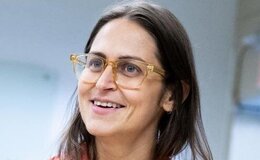
Alina Tenser
Alina Tenser is a Ukrainian-born artist and educator. Working across sculpture, performance, and video, Tenser makes propositions that elicit physical activation and play. Utilizing industrial and domestic materials and processes she reimagines taken-for-granted social and material relations; mining the entanglements of her experience as an immigrant and parent. Her work has been exhibited nationally and internationally with recent solo exhibitions at Hesse Flatow, New York, NY; 17 Essex, New York, NY, Konstepidemin, Gothenburg, SE; and Soloway Gallery, Brooklyn, NY.
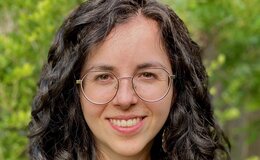
Allison Zengilowski
Allison Zengilowski is a Teaching Assistant Professor in the College of Education. At Lehigh, she has created a new Learning Sciences minor for undergraduate students. In her research, she investigates how students think about their own learning processes, drawing from perspectives on cognition and metacognition, motivation and emotions, and identity and lived experiences. In teaching, she emphasizes that students are experts and knowers, ensuring they work with and learn from one another. She prioritizes autonomy-supportive practices, integrating alternative grading, interteaching, design thinking, and project-based learning into classroom instruction.
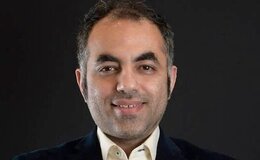
Amirtahà Taebi
Dr. Amirtahà Taebi is an Assistant Professor of Bioengineering at Lehigh University and an NSF CAREER award recipient. His research focuses on AI-powered physiological monitoring, wearable systems, and digital twin modeling to advance noninvasive cardiovascular diagnostics. Recognized as an ASME Rising Star, he also serves as a Lehigh Faculty Fellow to the United Nations, aligning his work with global sustainable development goals. With extensive experience across academia and industry, Amirtahà maintains active editorial roles for Scientific Reports, the ASME Journal of Medical Diagnostics, and BMC Research Notes. He remains a dedicated contributor to the IEEE, ASME, and American Heart Association communities.
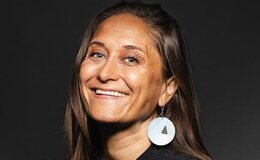
Jaimie Bleck
Jaimie Bleck is the Bernard L. and Bertha F. Cohen Chair and Professor of International Relations. Her research interests include citizenship, social capital, democratization, and civil society in Africa. Her current book project, Informal Clubs, Social Capital, and Civic Engagement in Mali: Looking for Democracy in the Wrong Places, explores the role of informal, tea-drinking social clubs on youth resilience, democratic citizenship, and social cohesion in Mali. She has over 20 years of experience living, working, and researching in West Africa. She loves traveling, live music, and basketball.

Krista Liguori
Krista Liguori is a multidisciplinary scientist with specific interests in antimicrobial resistance and global environmental health and justice. Dr. Liguori has experience developing national Human Health Standards and Criteria at the U.S. Environmental Protection Agency, leading state-wide HIV and STI surveillance for the state of Texas, and conducting international research projects in several countries, particularly across Central and South America. Dr. Liguori serves as a Lehigh representative to the United Nations and leads the partnership with the World Health Organization. She is engaged in developing new international experiences for COH students including study abroad, research, internships, and courses.

Larry Tartaglia
I am a Teaching Associate Professor and Associate Chair in the Department of Biological Sciences, where I teach large introductory courses in cell and molecular biology and genetics, as well as upper-level biochemistry lab and virology. I am passionate about innovative teaching and engage students through multiple modalities, including 3D-printed viruses to explore antiviral targets, virtual reality worlds, and AI-driven gamified experiences where they role-play as genetic counselors and diagnose AI patients. I am also incredibly committed to global education, having created a COIL program in Spring 2024 connecting my virology class with students in Mexico.

Michelle Thompson
Dr. Michelle Thompson is an interdisciplinary-trained clinical research scientist and licensed mental health counselor whose work is shaped by a deep commitment to health equity and the well-being of vulnerable populations. With over a decade of experience in community-engaged research and direct clinical practice, Dr. Thompson investigates how social determinants, psychosocial stressors, and environmental inequities drive disparities in sleep, health and well-being among marginalized communities. As an educator, Michelle aims to foster the growth and development of informed, open-minded, and responsible individuals who can critically analyze complex world issues, and are equipped to collaborate on equitable and sustainable solutions for the benefit of all people and the environment.
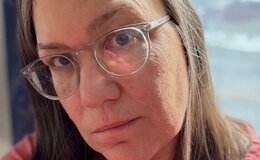
Tracy Nichols
Tracy R. Nichols is Professor and Chair of the Department of Community and Global Health. She has spent the majority of her career studying sexual and reproductive health, adolescent health, and substance use. Her current research agenda is two-fold: 1) improve care services for people who use drugs through multi-level stigma reduction interventions and 2) fight misinformation driving policies that reduce bodily autonomy. She runs a Narrative Stigma Reduction Lab and is a co-founder of the SRH Power Lab. Applying a harm reduction approach to her work, she conducts community-engaged, mixed methods research that employs both arts-based and traditional methodologies.
2025 Fellows:
Click here to view 2025 essays
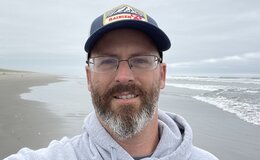 Austin Duncan is a medical and disability anthropologist as well as an assistant professor in the Lehigh University Department of Community and Global Health. He is also disabled activist and scholar who works to organize the disability community to raise public awareness and improve social treatment, policy, and long-term health outcomes. This extends to his teaching, as he helps students to realize that bodily, cognitive, and mental differences are the norm and not the exception in our world—and what should be done about it. As a cognitively disabled scholar, he always works collaboratively with others and his current project is working with colleagues from across the university to improve health outcomes, social networks, and built environments for the disabled in the Lehigh Valley.
Austin Duncan is a medical and disability anthropologist as well as an assistant professor in the Lehigh University Department of Community and Global Health. He is also disabled activist and scholar who works to organize the disability community to raise public awareness and improve social treatment, policy, and long-term health outcomes. This extends to his teaching, as he helps students to realize that bodily, cognitive, and mental differences are the norm and not the exception in our world—and what should be done about it. As a cognitively disabled scholar, he always works collaboratively with others and his current project is working with colleagues from across the university to improve health outcomes, social networks, and built environments for the disabled in the Lehigh Valley.
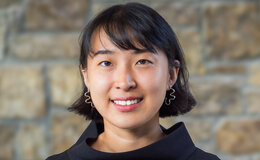 Christina Chi Zhang is an Assistant Professor of Architecture at the Department of Art, Architecture & Design. Her research and built work explore memory-making, healing, and social justice in post-traumatic cities. Her recent exhibitions, “I found within me an invincible summer” and “Thank you for loving me till the end,” weave together research, storytelling, and space-making to create emotionally powerful projects. She co-founded Ideation Lab, a nonprofit organization through which she initiated the construction of a refugee-run school in Kakuma Refugee Camp, Kenya. Believing architecture is a vessel for social discourse, she sees teaching as a platform for experimental explorations, addressing contemporary challenges, and imagining alternative futures.
Christina Chi Zhang is an Assistant Professor of Architecture at the Department of Art, Architecture & Design. Her research and built work explore memory-making, healing, and social justice in post-traumatic cities. Her recent exhibitions, “I found within me an invincible summer” and “Thank you for loving me till the end,” weave together research, storytelling, and space-making to create emotionally powerful projects. She co-founded Ideation Lab, a nonprofit organization through which she initiated the construction of a refugee-run school in Kakuma Refugee Camp, Kenya. Believing architecture is a vessel for social discourse, she sees teaching as a platform for experimental explorations, addressing contemporary challenges, and imagining alternative futures.
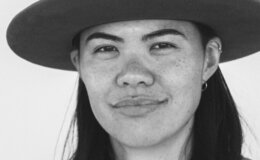 Ho‘oulunonalani (Ho‘o) Hee is an Assistant Professor of Design-Product and Affiliated Faculty in the Institute for Indigenous Studies. Her research centers on the creation of playful objects with a focus on: 1) the perpetuation and dissemination of Native Hawaiian knowledge, and 2) novel solutions for the design, construction, and application of paper engineering. Ho‘o works across the fields of paper engineering, toy, puppetry, and experiential design. Project clients include Disney, Apple TV, LG, Target, and SNL. She holds an interdisciplinary BS in architecture and mechanical engineering from MIT, and a MFA in furniture design from RISD.
Ho‘oulunonalani (Ho‘o) Hee is an Assistant Professor of Design-Product and Affiliated Faculty in the Institute for Indigenous Studies. Her research centers on the creation of playful objects with a focus on: 1) the perpetuation and dissemination of Native Hawaiian knowledge, and 2) novel solutions for the design, construction, and application of paper engineering. Ho‘o works across the fields of paper engineering, toy, puppetry, and experiential design. Project clients include Disney, Apple TV, LG, Target, and SNL. She holds an interdisciplinary BS in architecture and mechanical engineering from MIT, and a MFA in furniture design from RISD.
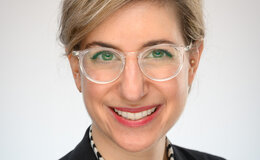 Samantha Maurer Fox is an Assistant Professor of Anthropology in the Department of Sociology and Anthropology. Her interdisciplinary research examines infrastructure, land use, and urban design in Germany and the United States. She is a sociocultural anthropologist whose work examines urban design and infrastructure using interdisciplinary methods. She is interested in how human beings use the built environment to achieve their sociopolitical ends and to develop novel imaginations of urban thriving. She engages with anthropological theory, particularly questions of history and temporality, as well as policy-based research on urban administration. Her first book, The Afterlife of Utopia: Urban Renewal in Germany's Model Socialist City will be published by Cornell University Press in 2025. Dr. Fox is also conducting research into the social effects of electricity deregulation in Pennsylvania and Ohio, and has conducted qualitative research for New York City and State. At Lehigh, she is part of the Institute for Cyber Infrastructure and Energy (ICPIE) and the Small Cities Lab.
Samantha Maurer Fox is an Assistant Professor of Anthropology in the Department of Sociology and Anthropology. Her interdisciplinary research examines infrastructure, land use, and urban design in Germany and the United States. She is a sociocultural anthropologist whose work examines urban design and infrastructure using interdisciplinary methods. She is interested in how human beings use the built environment to achieve their sociopolitical ends and to develop novel imaginations of urban thriving. She engages with anthropological theory, particularly questions of history and temporality, as well as policy-based research on urban administration. Her first book, The Afterlife of Utopia: Urban Renewal in Germany's Model Socialist City will be published by Cornell University Press in 2025. Dr. Fox is also conducting research into the social effects of electricity deregulation in Pennsylvania and Ohio, and has conducted qualitative research for New York City and State. At Lehigh, she is part of the Institute for Cyber Infrastructure and Energy (ICPIE) and the Small Cities Lab.
Simone A. James Alexander is Professor of English and Director of Africana Studies at Lehigh University. She is the author of the award-winning monograph, African Diasporic Women’s Narratives: Politics of Resistance, Survival and Citizenship, which also received Honorable Mention by the African Literature Association Book of the Year Scholarship Award. Alexander is also the author of Mother Imagery in the Novels of Afro-Caribbean Women and co-editor of Feminist and Critical Perspectives on Caribbean Mothering. Her work has been published in Journal of West Indian Literature, L’Espirit Créateur, African American Review, MLA Approaches to Teaching Gaines: The Autobiography of Miss Jane Pittman and Other Work (Modern Language Association), Turkish Journal of Diaspora Studies, Wagadu: A Journal of Transnational Women’s and Gender Studies, African Literature Today, Anglistica: An Interdisciplinary Journal and edited collections. Her current book projects include Bodies of (In)Difference: Intimacy, Desirability and the Politics and ‘Poetics of Relation’ and Black Freedom in (Communist) Russia: Great Expectations, Utopian Visions. She is the editor of The Cambridge Companion to Colson Whitehead (Cambridge University Press).
 Stephanie Powell Watts is the author of the novel No One is Coming to Save Us, the winner of an NAACP Award for Fiction. Her novel was also honored as tthe inaugural fiction selection by the American Library Association, and as a spring and summer book pick by Good Morning America. Her story collection, We Are Taking Only What We Need is a recipient of the Ernest J. Gaines Award for Literary Excellence and an award from the Mrs. Giles S. Whiting Foundation. Her fiction and nonfiction have appeared in the Best American Essays, The New York Times, BBC International, and many other venues.
Stephanie Powell Watts is the author of the novel No One is Coming to Save Us, the winner of an NAACP Award for Fiction. Her novel was also honored as tthe inaugural fiction selection by the American Library Association, and as a spring and summer book pick by Good Morning America. Her story collection, We Are Taking Only What We Need is a recipient of the Ernest J. Gaines Award for Literary Excellence and an award from the Mrs. Giles S. Whiting Foundation. Her fiction and nonfiction have appeared in the Best American Essays, The New York Times, BBC International, and many other venues.
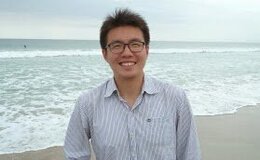 Hsuan-Wei "Wayne" Lee is an Assistant Professor at the College of Health and a Faculty Associate in the Department of Mathematics at Lehigh University. He earned his Ph.D. in Mathematics from the University of North Carolina at Chapel Hill. His research spans multiple disciplines, including social networks, evolutionary game theory, mathematical epidemiology, computational social science, and data science, with a particular focus on public health applications. Dr. Lee is committed to addressing complex health and social science challenges through mathematical modeling, statistical principles, and computational simulations. His research leverages graph theory, differential equations, combinatorics, statistical physics, stochastic processes, applied statistics, and machine learning to explore the dynamics of social networks and their impact on public health outcomes. His recent work examines the spread of infectious diseases, public perceptions of health interventions, and the effectiveness of public health policies. Additionally, he applies evolutionary game theory to study behavioral strategies in public health, such as vaccination uptake and cooperative health initiatives. Through an interdisciplinary approach, Dr. Lee seeks to develop innovative, data-driven solutions to enhance health outcomes and inform public health strategies. His research integrates computational and theoretical methodologies to better understand and predict social and epidemiological phenomena, contributing to the broader fields of population health, network science, and complex systems.
Hsuan-Wei "Wayne" Lee is an Assistant Professor at the College of Health and a Faculty Associate in the Department of Mathematics at Lehigh University. He earned his Ph.D. in Mathematics from the University of North Carolina at Chapel Hill. His research spans multiple disciplines, including social networks, evolutionary game theory, mathematical epidemiology, computational social science, and data science, with a particular focus on public health applications. Dr. Lee is committed to addressing complex health and social science challenges through mathematical modeling, statistical principles, and computational simulations. His research leverages graph theory, differential equations, combinatorics, statistical physics, stochastic processes, applied statistics, and machine learning to explore the dynamics of social networks and their impact on public health outcomes. His recent work examines the spread of infectious diseases, public perceptions of health interventions, and the effectiveness of public health policies. Additionally, he applies evolutionary game theory to study behavioral strategies in public health, such as vaccination uptake and cooperative health initiatives. Through an interdisciplinary approach, Dr. Lee seeks to develop innovative, data-driven solutions to enhance health outcomes and inform public health strategies. His research integrates computational and theoretical methodologies to better understand and predict social and epidemiological phenomena, contributing to the broader fields of population health, network science, and complex systems.
2024 Fellows:
Click here to view 2024 essays
 Brook Sawyer is a Professor in the Teaching, Learning, and Technology Program, College of Education. Her research centers on enhancing the language and literacy development of preschool-aged children, namely children with disabilities and multilingual learners, through empowering parents and early childhood teachers. Her interest in global teaching and learning is focused on developing immersive or virtual experiences for preservice and inservice teachers to promote culturally and linguistically responsive practices.
Brook Sawyer is a Professor in the Teaching, Learning, and Technology Program, College of Education. Her research centers on enhancing the language and literacy development of preschool-aged children, namely children with disabilities and multilingual learners, through empowering parents and early childhood teachers. Her interest in global teaching and learning is focused on developing immersive or virtual experiences for preservice and inservice teachers to promote culturally and linguistically responsive practices.
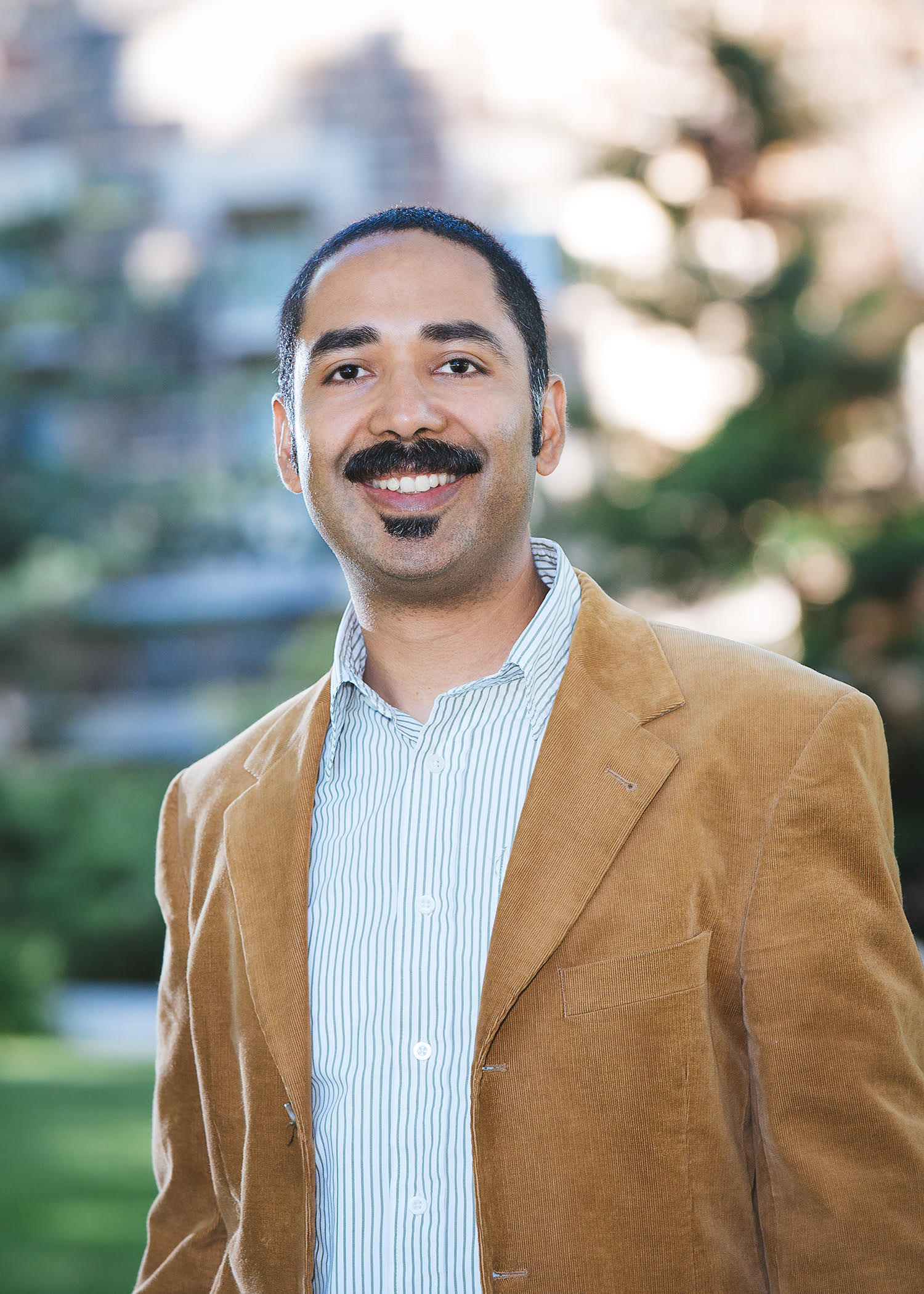 Hugo Ceron-Anaya is an Associate Professor of Sociology at Lehigh University. Ceron-Anaya’s research focuses on analyzing economic elites, primarily in Mexico and Brazil. He authored a book titled "Privilege at Play: Class, Race, Gender, and Golf in Mexico" (Oxford University Press, 2019), which examines social inequalities and privilege in contemporary Mexico. In 2020, his book won the "Outstanding Book Award" by the North American Society for the Study of Sports. In 2021, Ceron-Anaya became a Research Fellow at the Center for Advanced Latin American Studies (CALAS) in Guadalajara, Mexico. During the fall semester, he conducted research on the role played by local elites in the transformation of urban life in Guadalajara. In 2023, he was granted a Fulbright Specialist award and became a visiting researcher at the Federal University of Ceará in Brazil, where he participated in a research project on elites, sports, and racial privilege in this nation. At Lehigh, he has taught courses on race and ethnicity in the Americas, sociology of sports, Latinx communities, social theory, and sociology of immigration.
Hugo Ceron-Anaya is an Associate Professor of Sociology at Lehigh University. Ceron-Anaya’s research focuses on analyzing economic elites, primarily in Mexico and Brazil. He authored a book titled "Privilege at Play: Class, Race, Gender, and Golf in Mexico" (Oxford University Press, 2019), which examines social inequalities and privilege in contemporary Mexico. In 2020, his book won the "Outstanding Book Award" by the North American Society for the Study of Sports. In 2021, Ceron-Anaya became a Research Fellow at the Center for Advanced Latin American Studies (CALAS) in Guadalajara, Mexico. During the fall semester, he conducted research on the role played by local elites in the transformation of urban life in Guadalajara. In 2023, he was granted a Fulbright Specialist award and became a visiting researcher at the Federal University of Ceará in Brazil, where he participated in a research project on elites, sports, and racial privilege in this nation. At Lehigh, he has taught courses on race and ethnicity in the Americas, sociology of sports, Latinx communities, social theory, and sociology of immigration.
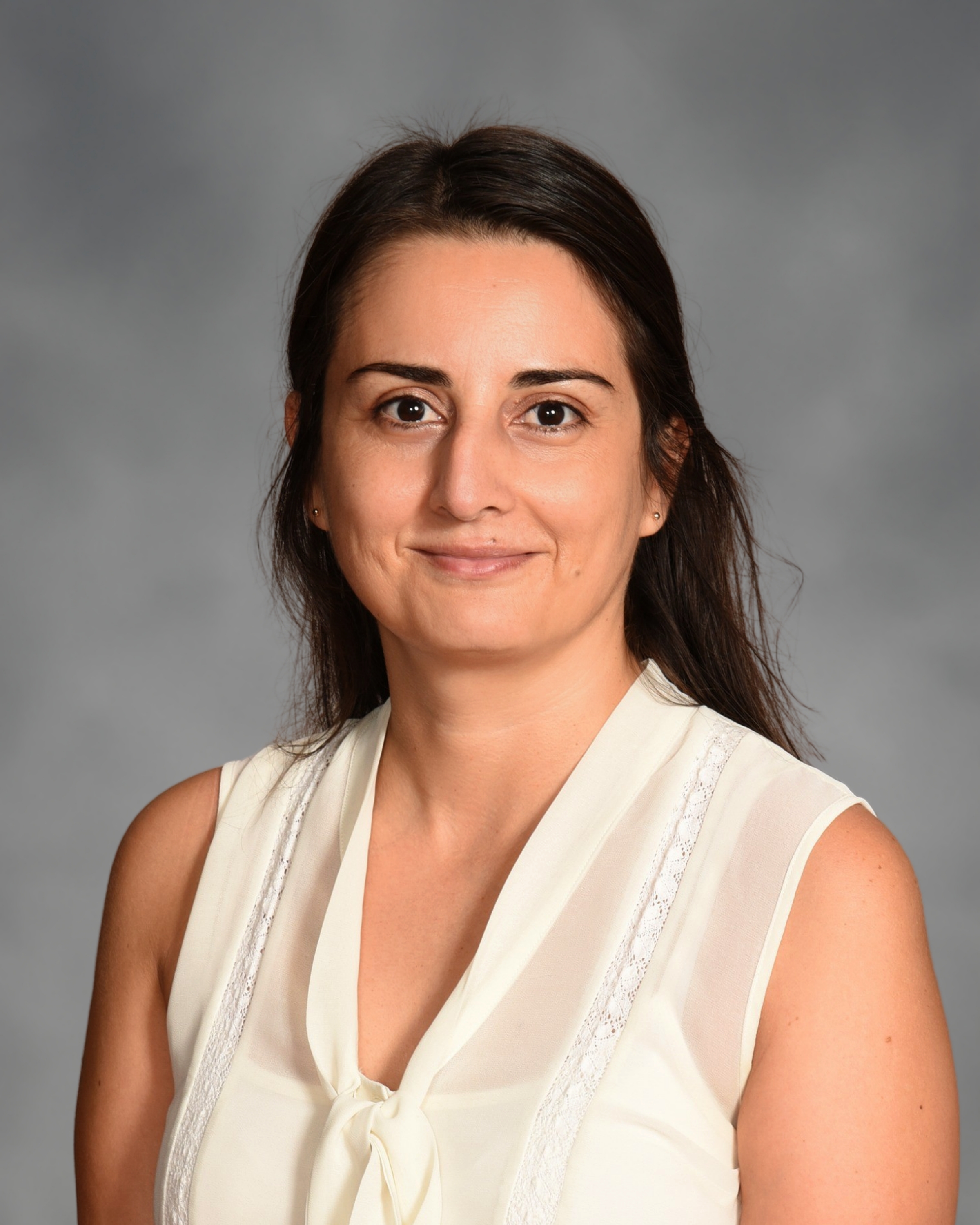 Lilia Adriana Pérez Limón is an Assistant Professor at Lehigh University in the Department of Modern Languages and Literatures. Her primary research engages contemporary Mexican culture through the lens of disability. Dr. Pérez Limón is currently working on a book project, tentatively titled Screening Disability: Mexican Documentary Film in the 21st Century. This project considers cultural production in Mexico from the 21stcentury that illuminates the role of media in forming cultural assumptions about ability, the construction of disability via media technologies, and how (dis)abled audiences respond to particular media artifacts.
Lilia Adriana Pérez Limón is an Assistant Professor at Lehigh University in the Department of Modern Languages and Literatures. Her primary research engages contemporary Mexican culture through the lens of disability. Dr. Pérez Limón is currently working on a book project, tentatively titled Screening Disability: Mexican Documentary Film in the 21st Century. This project considers cultural production in Mexico from the 21stcentury that illuminates the role of media in forming cultural assumptions about ability, the construction of disability via media technologies, and how (dis)abled audiences respond to particular media artifacts.
 Renée Bailey is a teaching assistant professor for the Department of English. Primarily, Renée teaches first-year writing and creative nonfiction. Their writing and pedagogy emphasize social justice themes and rhetorical responses to those themes. Renée’s work appears in Midwestern Gothic, Gingerbread House, and others. They were a semi-finalist in the 2019 Key West Literary Seminar’s Cecelia Joyce Johnson Award and a runner-up in the 2019 Francis Ponge Prize for Prose Poetry at The Raw Art Review. Though having lived in the south for 12 years, Renée is originally from Ohio and a lifelong supporter of the Cincinnati Reds.
Renée Bailey is a teaching assistant professor for the Department of English. Primarily, Renée teaches first-year writing and creative nonfiction. Their writing and pedagogy emphasize social justice themes and rhetorical responses to those themes. Renée’s work appears in Midwestern Gothic, Gingerbread House, and others. They were a semi-finalist in the 2019 Key West Literary Seminar’s Cecelia Joyce Johnson Award and a runner-up in the 2019 Francis Ponge Prize for Prose Poetry at The Raw Art Review. Though having lived in the south for 12 years, Renée is originally from Ohio and a lifelong supporter of the Cincinnati Reds.
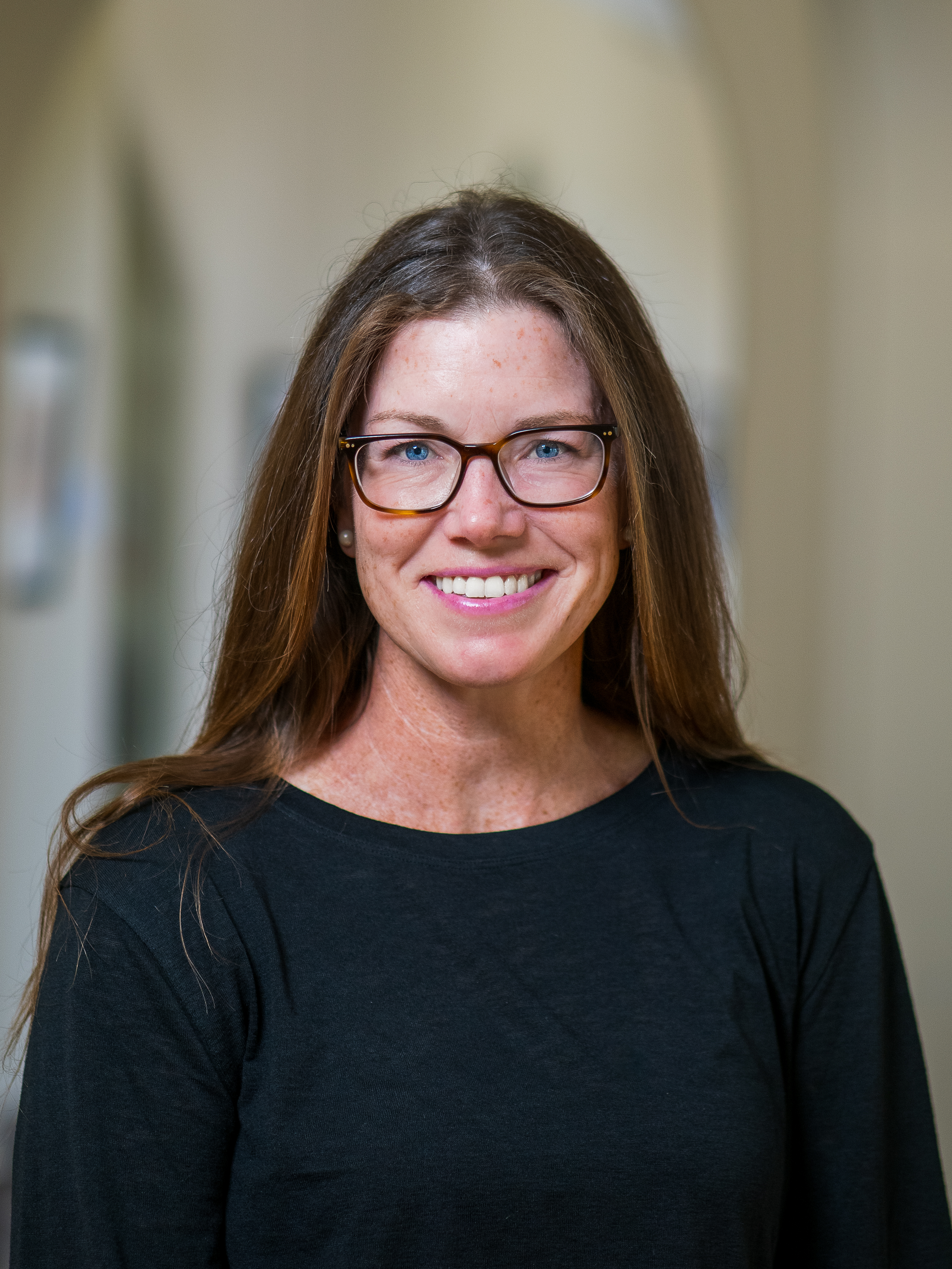 Stephanie Prevost is a Professor of Practice of Law at Lehigh’s College of Business. Prior to teaching, she held legal and business roles in the private sector, including as COO/General Counsel of a boutique investment advisory firm that focused on utility-scale renewable financing. Stephanie is an active member of the Lehigh Valley community, serving on boards of different non-profits and providing pro bono consulting services to non-profits throughout the greater Philadelphia area.
Stephanie Prevost is a Professor of Practice of Law at Lehigh’s College of Business. Prior to teaching, she held legal and business roles in the private sector, including as COO/General Counsel of a boutique investment advisory firm that focused on utility-scale renewable financing. Stephanie is an active member of the Lehigh Valley community, serving on boards of different non-profits and providing pro bono consulting services to non-profits throughout the greater Philadelphia area.
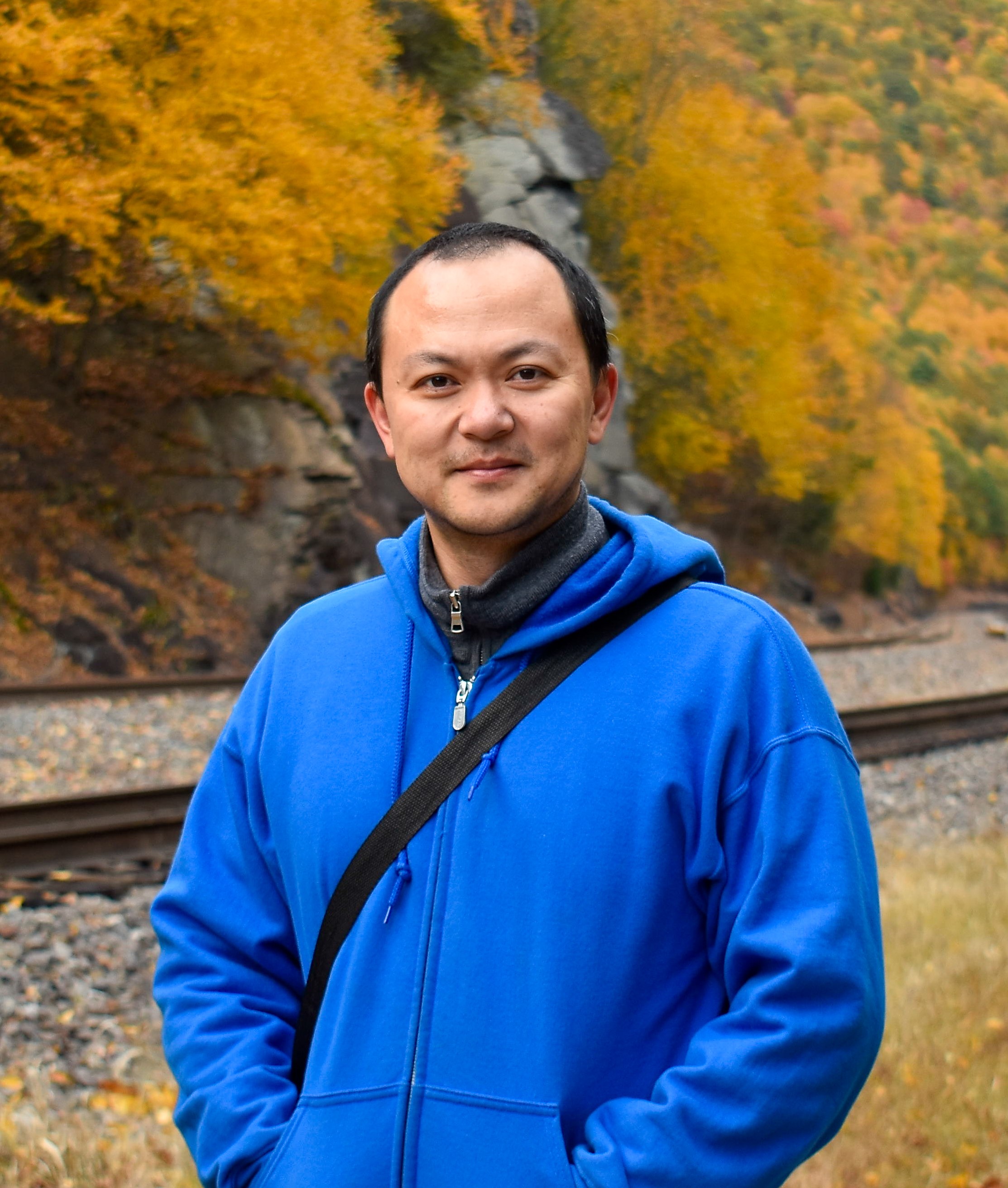 Thomas Chen is an associate professor of Chinese in the department of Modern Languages and Literatures. He loves teaching and writing about literature and film.
Thomas Chen is an associate professor of Chinese in the department of Modern Languages and Literatures. He loves teaching and writing about literature and film.
